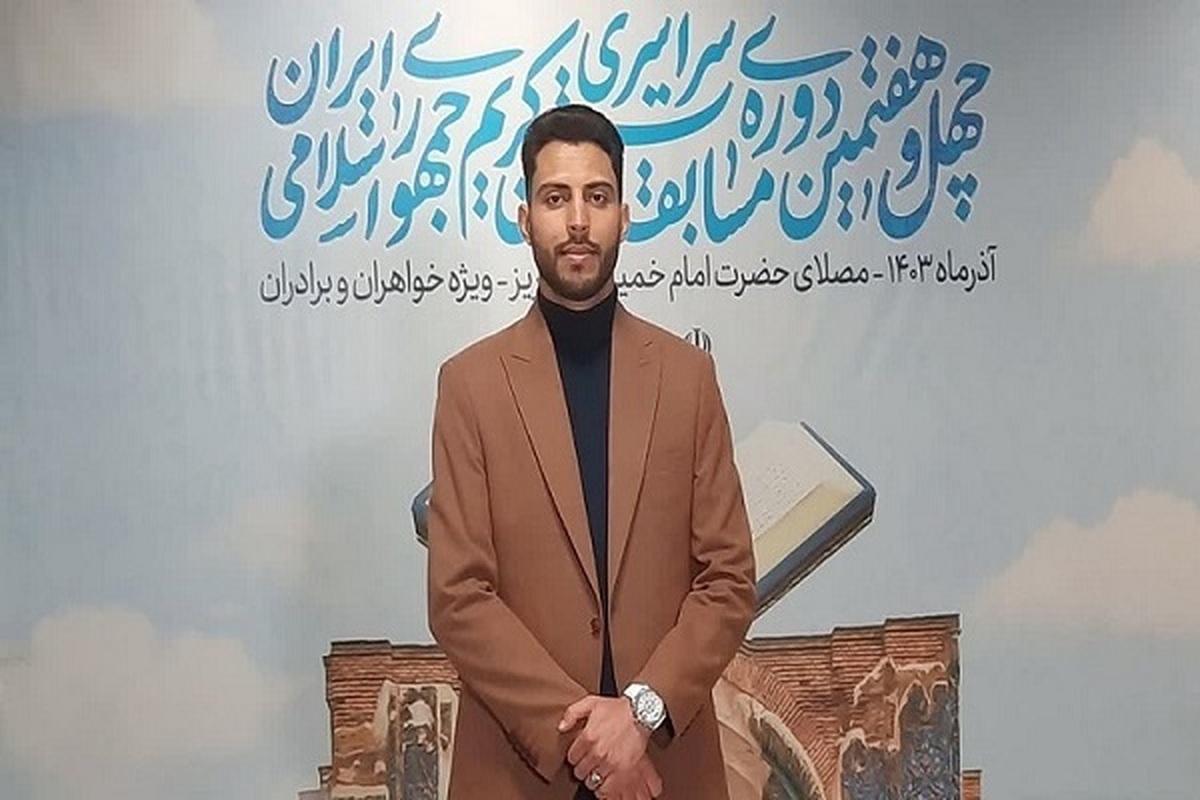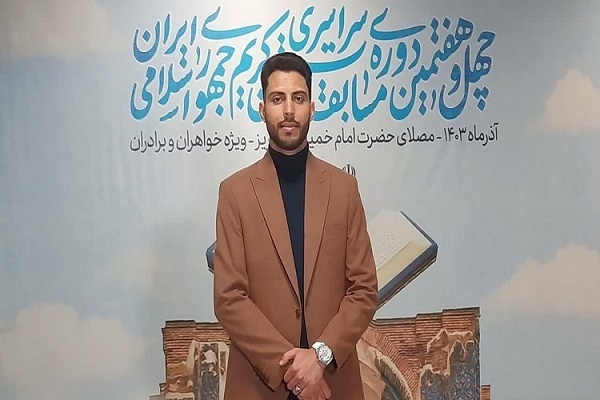Reciter Highlights Importance of Tarteel in Learning Quran


Yusef Ayashi, who is from the southwestern province of Khuzestan, is competing in the Tarteel category of the contest, described Tarteel as the foundation for Quran recitation.
Tarteel is measured recitation of the Quran in rhythmic tones according to the rules that explain how to recite the Quran.
Ayashi said the basis of Tarteel is mastery over all of the principles and rules of the Arabic language.
He urged those whose language is not Arabic but want to make progress in the field of Tarteel to first gain mastery over the rules of Arabic.
Many Arab countries of the Persian Gulf region have focused their Quranic efforts on enhancing Tarteel mastery among Quran activists, he stated.
Tarteel is a bridge that leads qaris to becoming good at Tahqiq recitation of the Quran as well, he said.
Even for memorization of the Quran, the experts in the field recommend gaining mastery in Tarteel first, he noted.
The eloquent and melodious form of reciting the Holy Quran in Tarteel creates a unique rhythm and harmony that allows the phrases and words of the Quran to resonate more deeply and remain more memorable in mind, according to Ayashi.
He also said that Tarteel has a good status in his province, Khuzestan, thanks to the efforts made by some masters like Mahdi and Nasser Daqaqeleh and Hossein Mohammadi.
Read More:
Elsewhere in his remarks, he said he was happy with his performance at the competition.
The final round of Iran’s 47th National Quran Competition in the men’s section is underway in the northwestern city of Tabriz.
4253964



